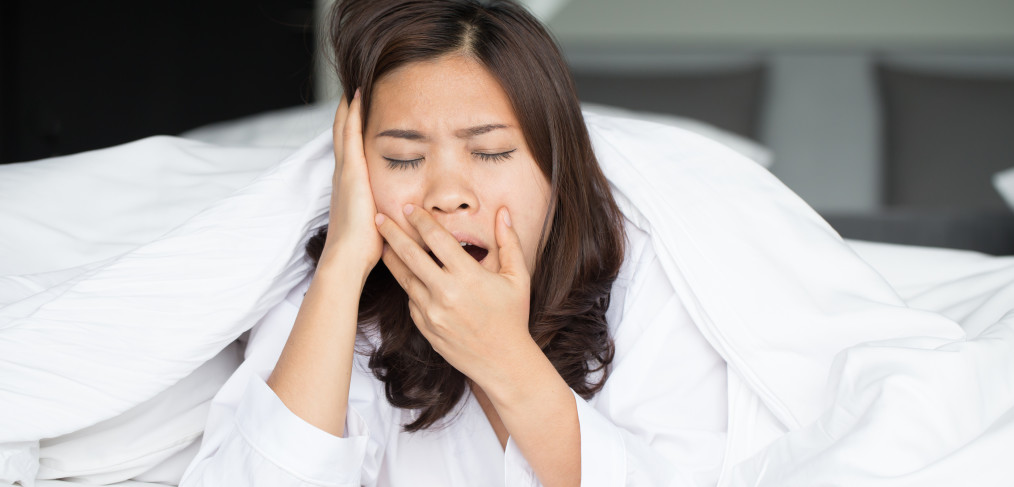
The Second Sleep
I’ve been reading lately about the concept of a “second sleep.” There’s a professor at Virginia University in the United States called Professor Roger Ekirch who has spent the last twenty years studying the historical practice of sleeping in two distinct segments, with a period of wakefulness in between. He has found hundreds of mentions of “second sleep” during his research; all of them mention it as if it is just a normal part of life and not out of the ordinary at all.
As recently as a couple of hundred years or so ago, nobody would have even dreamed of sleeping through the night; that seems to be something that has only become the norm since the industrial age. Before that, it seems to have been perfectly normal for everyone to have a “second sleep” every single night.
Hundreds of years ago, the “first sleep” would begin around two hours after sunset, and lasted around four hours. Then we would get up for two hours or so, before returning to bed for the “second sleep” and waking as the sun rose. Those two hours were spent being active, not sitting with a mug of hot cocoa, fretting about whether we would ever get back to sleep!
With industrialisation, we all needed to be up earlier, and to work longer days – so the second sleep seems to have phased out over time. But even if humankind is evolving to sleep solidly through the night, evolution isn’t that quick as to completely erase something that was entirely commonplace only a couple of hundred years ago. It seems that for most of human history, it was normal for us to sleep in two separate phases; this new fangled idea of sleeping for one long block is the abnormal approach!
How often have you woken in the wee small hours of the morning and begun to panic: “oh no, I’ll never get back to sleep now! … I’ve only had a few hours… This is too early in the morning to get up…”
What if that late night waking is not an awful, stressful bout of insomnia but just a natural part of life? Something that we’ve not quite thrown off from our ancestors.
Next time you wake in the middle of the night, instead of panicking about being tired at work tomorrow, try thinking to yourself, “I wonder what my ancestors did in their two hours in the middle of the night…” Often knowing that something is entirely normal can help to remove the stress from a situation – even if we will feel tired in the morning. I don’t know about you, but if I wake in the night I have a tendency to think “oh, I must be really worried about something… what am I stressed about…” and often I can find something to be stressed about that hadn’t even really entered my head beforehand. What if I just woke up because my body naturally does that from time to time, and there’s nothing to be stressed about?
So many of the sleep disturbances we suffer with are really difficult to pinpoint: are you not sleeping because you’re hungry? Because you’re stressed? Are you suffering with a medical condition like sleep apnea or restless legs? Is the room too hot or cold? Did you drink your last cup of coffee too late in the day? I propose that we all embrace the idea of the “second sleep” on those nights when we find ourselves wide awake at 2am. Go and find something to do for a little while, and then return to bed for your second sleep a little later.
Love

